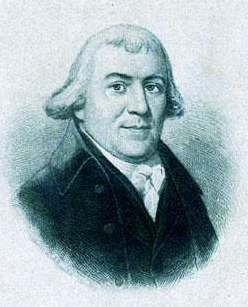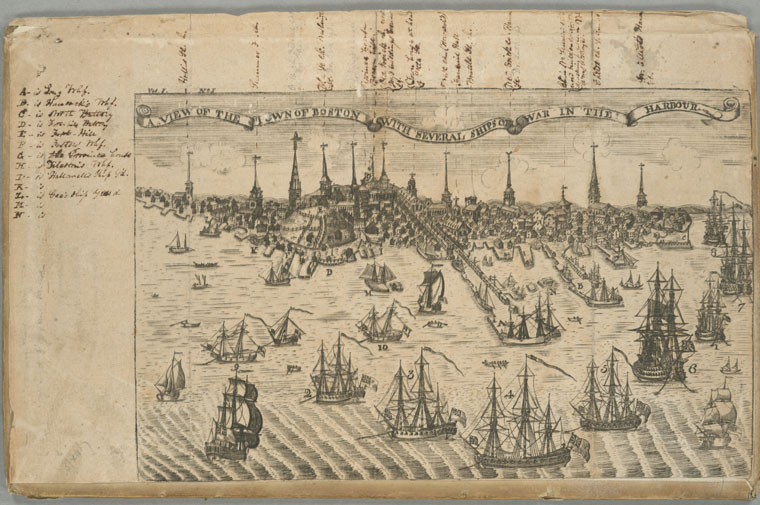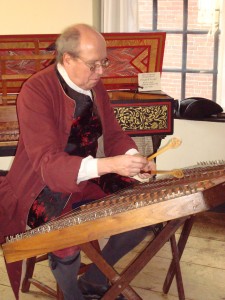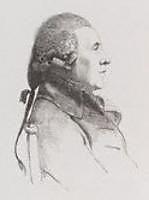“To prosecute the Printer at Common Law”?
(On what grounds? Mostly because Hutchinson was being paid by the London government with revenue from Parliament’s tea tax. But also because he had issued a Thanksgiving proclamation. Such a bad man.)
The Boston Evening-Post reported some people thought this essay “(from its nature, and tendency) is the most daring production ever published in America.”
On the afternoon after it appeared, Gov. Hutchinson summoned the Massachusetts Council to their usual meeting-place in the Town House and laid the issue of the Spy before them. The Councilors debated the crisis until sundown without coming to any conclusion. The next day, they started up again.
The first thing the Council could agree on was to summon the printer of that newspaper, Isaiah Thomas. According to the Boston Gazette, Thomas, “in answer to their summons, told the messenger he was busy in his office and should not attend.”
Someone on the Council then proposed committing Thomas to jail for contempt. But there was no majority for that action—“Whether through the abundant lenity of the honourable Board, or from their having no legal authority in the case, has not yet transpired to us,” the Gazette’s Edes and Gill stated.
About the Council meeting that newspaper concluded, “The final result was, their unanimous advice, to the Governor to order the King’s Attorney to prosecute the Printer at Common Law.” According to Hutchinson, “the attorney general [Jonathan Sewall] thought it so plain a case that no grand jury could, upon their oaths, refuse to find a bill.”
But Hutchinson must have suspected that approach would be doomed. Back in early 1768 his predecessor as governor, Francis Bernard, had tried to take legal action against another newspaper essay, this one penned by Dr. Joseph Warren and published in the Boston Gazette. After getting unsatisfactory responses from both houses of the legislature, Bernard had presented the offending material to a grand jury.
Hutchinson had presided over that hearing in his role as Massachusetts Chief Justice. He had told the jurymen “that they might depend on being damned if they did not find against the paper, as containing high treason.” Nevertheless, the grand jury had refused to return any charges. The governor had no reason to expect citizens in 1771 would do anything different.
Sure enough, the grand jury session in February didn’t go Hutchinson’s way. The foreman asked if the statements in question could be libel if they were true. The Boston Gazette compared the proceeding to the John Peter Zenger case in New York, already a free-press precedent. The jury returned no charges. The royal authorities dropped the case.
Gov. Hutchinson did get the Council to punish someone, however.
TOMORROW: Tracking down “Mucius Scævola.”















